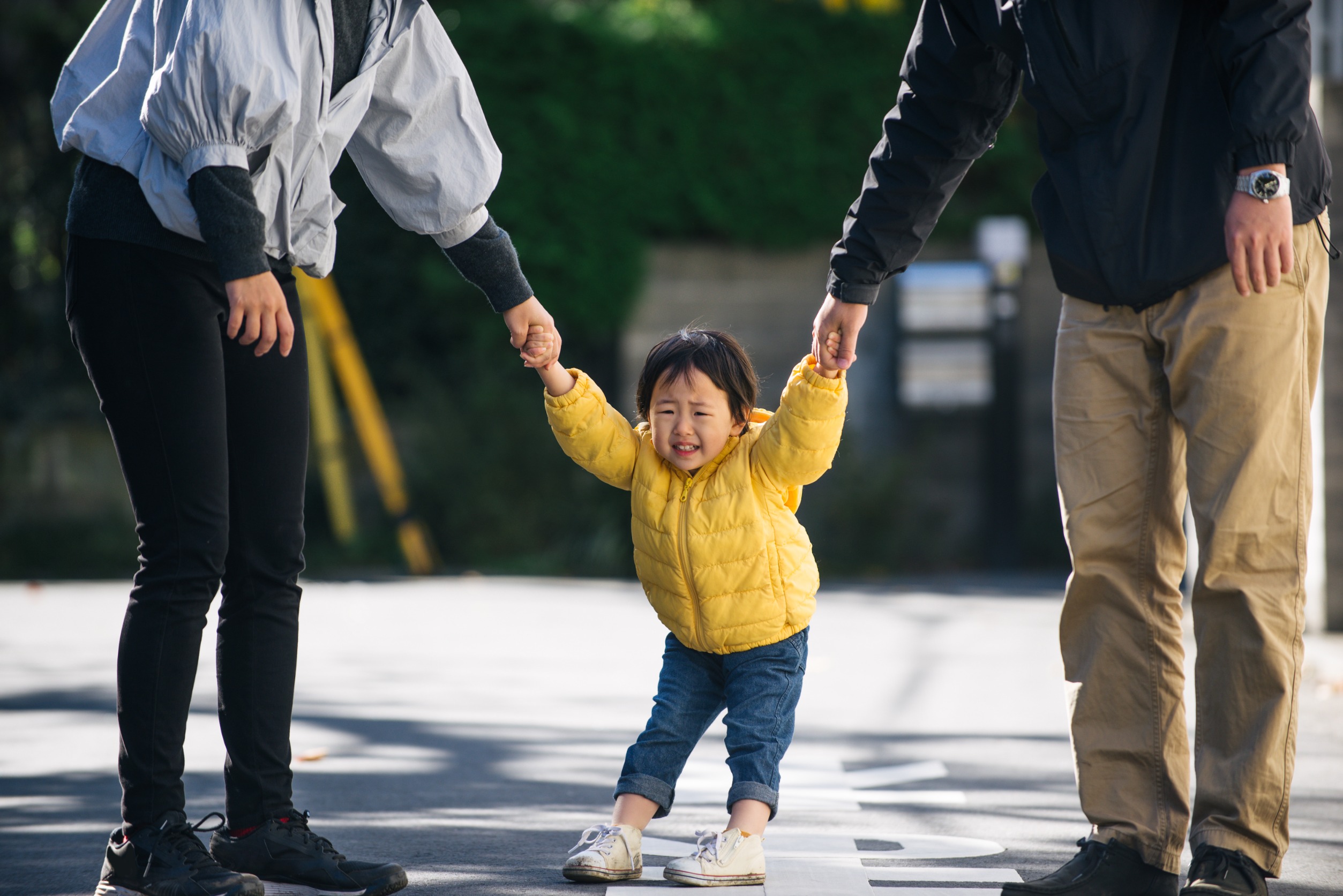Sharing of paternity leave uptake in big Japanese firms now mandatory

Big firms in Japan with over 100 employees will be required by law to set and share targets with the government on the uptake of paternity leave by male employees.
This is new legislation proposed by the Ministry of Health, Labour and Welfare, introduced by the government to lighten the disproportionate load of childcare on women, while also encouraging couples to embrace parenthood.
The proposal is a new amendment to the Japanese law, “Measures to Support Raising Children of the Next Generation”, which will be submitted to the current regular session of the National Diet and will come into effect from April 2025 if passed.
Organisations with over 1,000 employees are obligated to disclose their actual paternity leave uptake rates and the requirement is expected to cover organisations with over 100 employees if the amendment is passed since April 2023. Approximately 50,000 organisations will be subject to the regulation. Those who fail to create and/or disclose these targets will be advised by the ministry on how they can rectify the situation.
While there has been a growing trend of men opting for paternity leave thanks to the rise of dual-income households, the uptake rate of paternity leave stood at 17.1% in the fiscal year 2022, significantly lower than the 80.2% among women. This is despite the general increase from 1.9% in 2012, data from the ministry showed.
Organisations must undergo a shift in mindset and structural adjustments, say the government, citing its 2022 survey which showed that 23 % of male full-time employees cited demanding work atmosphere and lack of understanding from superiors as barriers to taking paternity leave.
READ MORE: South Korea sees shift in parental leave trends
Japan’s current dual-income households outnumber households with stay-at-home mothers by more than two-fold.
By promoting reforms that enable both parents to actively participate in childcare, the country aims to foster women’s career advancement and potentially reverse the declining birthrate, reported Nihon Keizai Shimbun.



